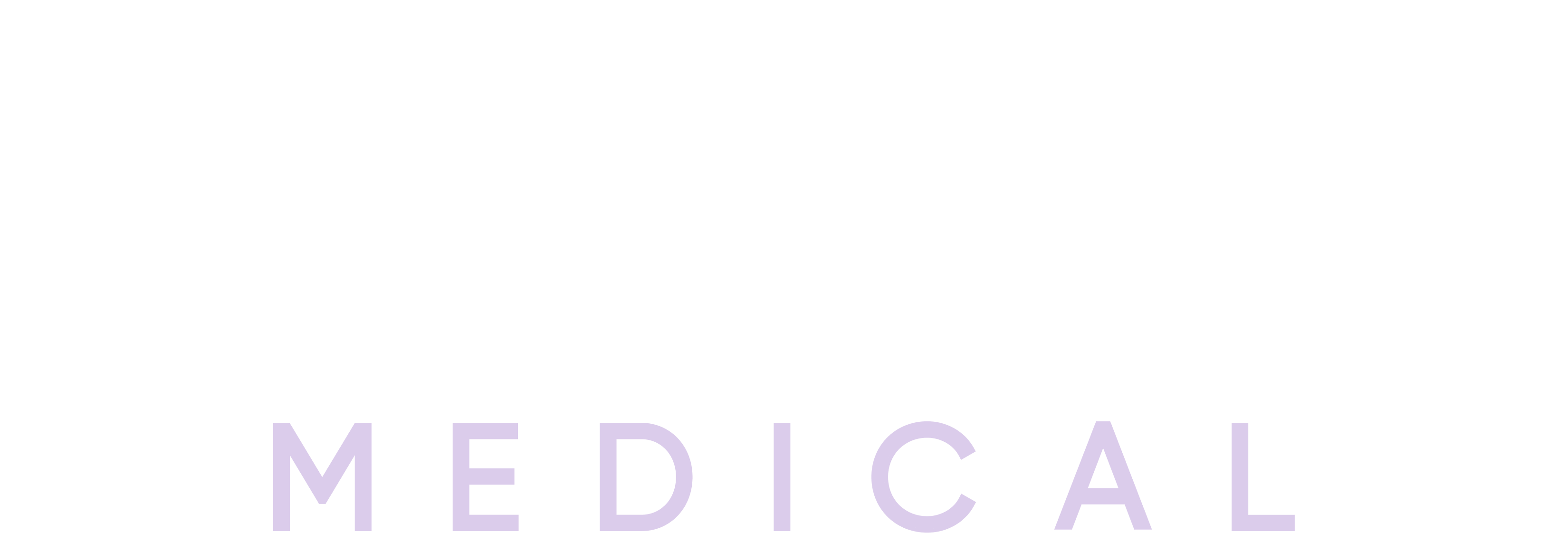As of February 16, 2024
Hudson Wellness is closed.
Are you a former patient looking for a referral?
Contact wellness@hudson.health for more information.
Saying goodbye to our Wellness practice is bittersweet, but we are excited about our future developments and confident that these changes will allow us to meet the growing health needs and interests of all of our patients.

Pain Management
Advanced non-surgical treatments designed to help patients recover from injury and improve mobility.
- PRP Therapy
- Exosomes
- Epidurals
- Radiofrequency Ablations
- Steroid Injections
- And More

